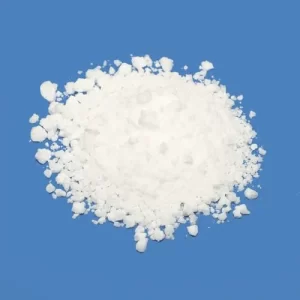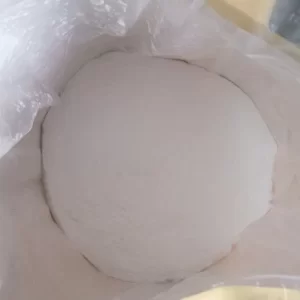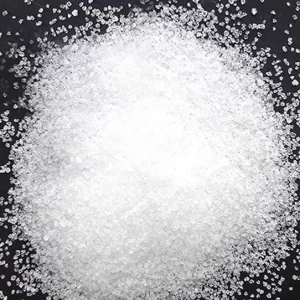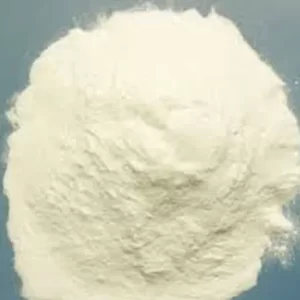Propylene glycol alginate or PGA is an additive used mainly as a thickening agent in certain types of food. It is made from the kelp plant or from certain kinds of algae, which is processed and transformed into a yellowish, grainy chemical powder. The powder is then added to foods that require thickening. Propylene glycol alginate has been used for many years as a food preservative. Many food manufacturing companies use it in the most common household food items. Most types of gel-like foods, including yogurt, jellies and jams, ice cream, and salad dressing contain propylene glycol alginate. Certain condiments and chewing gum also contain this chemical. Some kinds of cosmetics used on the skin use this chemical as an ingredient to thicken or preserve a make-up product.
| ITEMS | STANDARD |
| Appearance | White to off-white powder |
| Viscosity (1%, mPa.s) | As per need |
| Particle size | 95% pass 80 mesh |
| Degree of esterification (%) | >= 80 |
| Loss on drying (105℃, 4h, %) | =<15 |
| pH (1%) | 3.0- 4.5 |
| Total propylene glycol (%) | 15- 45 |
| Free propylene glycol (%) | =<15 |
| Ash insolubles (%) | =<1 |
| Arsenic (As) | =<3 mg/kg |
| Lead (Pb) | =<5 mg/kg |
| Mercury (Hg) | =<1 mg/kg |
| Cadmium(Cd) | =<1 mg/kg |
| Heavy metals (as Pb) | =<20 mg/kg |
| Total plate count (cfu/g) | =< 5000 |
| Yeast & mould (cfu/g) | =< 500 |
| Salmonella spp./ 10g | Negative |
| E. Coli/ 5g | Negative |






Reviews
There are no reviews yet.